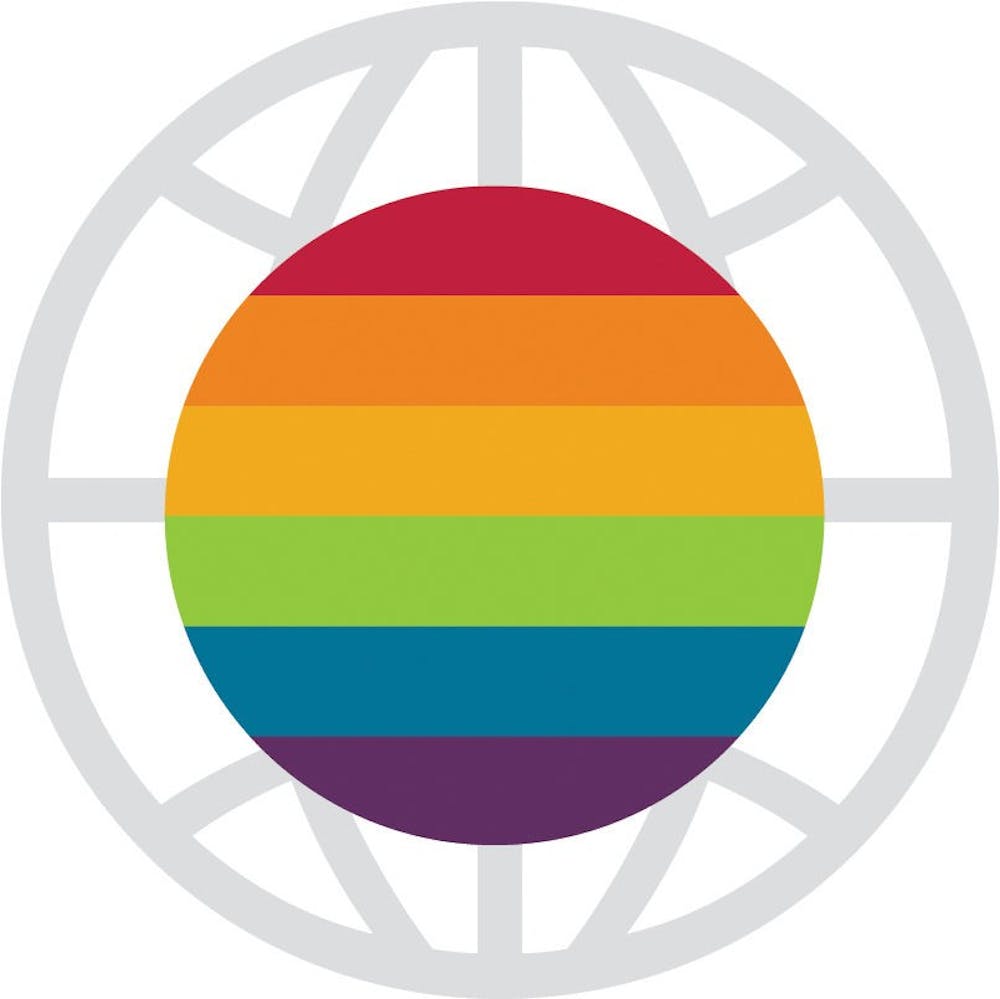LGBT Center staff members answer your questions.
What’s the point of pride?
Historically, pride celebrations are meant to commemorate the Stonewall riots in New York City in 1969, a landmark event in queer history that's considered the start of the modern gay rights movement. The Stonewall riots were the result of inequality and unfair treatment toward the queer community. Pride parades today are celebrations of LGBT+ history, along with an opportunity to express ourselves freely. To have pride parades is an opportunity for queer people to connect and demonstrate that they are proud individuals despite the hate that is directed toward our community.
When and how does someone find out they are queer?
As with many aspects of being queer, this is an experience that depends on the individual. For some, they know who they are from a very young age. Others don’t find out until very late in their life. As to how, there are also many ways. Typically, people start figuring things out when they learn that their identity is a valid thing. There are many factors that go into this, including your location, upbringing, friends and family and even things like what you watch and listen to. Finding oneself can be a difficult process, but it is very rewarding!
{{tncms-asset app="editorial" id="20541b46-c2df-11e5-8d74-af577a8799e9"}}
What is different about being openly queer in a college setting, as opposed to a high school setting?
The experience of being LGBT+ in high school compared to college is very different for many queer young people. LGBT+ individuals are often not openly queer in high school because they are still figuring out their identity or they are afraid of retribution. To have your personal life talked about is a universal high school experience, but for some queer youth this could be threatening to their stability or safety (research shows higher rates of bullying toward LGBTQ students in high school by other students as well as teachers/administrators, with numbers being higher in rural areas). To be publically out may not be an option because in a high school setting that information could much more easily be found out by family members through word of mouth. In a college atmosphere many queer people choose to come out because you can manage what aspects of your identity that your family or friends are aware of, especially on different social media outlets. This experience, of course, is not universal: Some queer youth have very accepting families and high schools so it is important to remember each individual's story is unique.
Sarah Grote (pronouns: they/them/their) and Jasper Shell (pronouns: he/him/his) are both staff for the LGBT Center at Ohio University. Do you have a question relating to the LGBT community? Email them to lgbt@ohio.edu or oulgbtcenter@gmail.com, tweet @oulgbtcenter with #qaqueer, tumblr at oulgbtcenter or post/message to the center’s Facebook page, oulgbtcenter. Individuals who submit questions will appear anonymously in our responses. All questions are welcome!






